Cameroon’s powerful Catholic Church has called for calm and restraint as tensions rise following the disputed October 12 presidential election, where opposition candidate Issa Tchiroma Bakary has declared himself the winner against the long-serving President Paul Biya, who is seeking to extend his 43-year rule. The 92-year-old Biya, one of the world’s oldest and longest-serving leaders, faces growing pressure as fears of post-election violence grip the nation.
Tchiroma, a former government spokesman now turned opposition leader, announced that he had defeated Biya and vowed to defend what he described as his “people’s victory.” His self-declaration, however, was swiftly condemned by the government and the ruling Cameroon People’s Democratic Movement, who labeled the move illegal and premature. The country’s Constitutional Council has yet to release the official results and has until October 27 to declare the winner.
The tension has prompted the National Episcopal Conference of Cameroon (NECC) to release a statement urging peace and fairness. The Catholic Bishops, whose influence runs deep across the country, appealed for transparency and justice, stressing that the outcome should “reflect the true will of the electorate” and not be manipulated by those in power. Their message, “The truth shall set you free,” resonated widely among citizens weary of political uncertainty and decades of authoritarian rule.
The Church’s statement mirrors the growing unease across Cameroon, where citizens fear that the electoral dispute could spark fresh unrest in a country already burdened by insecurity and economic hardship. The Bishops’ call for peace carries significant weight, as the Catholic Church is regarded as a moral authority and one of the few institutions trusted by both sides of the political divide.
Tchiroma’s defiance marks one of the strongest challenges yet to Biya’s grip on power. The 76-year-old opposition figure has vowed not to back down, fueling concerns that his supporters may take to the streets if the official results contradict his claim. With the Constitutional Council set to begin hearing complaints over alleged electoral fraud, Cameroonians are bracing for what could be a decisive moment in the nation’s political history.
Critics of President Biya accuse him of ruling with an iron fist, suppressing dissent, and manipulating institutions to stay in power. Some Catholic clerics have also spoken out against his prolonged rule. Earlier this year, Bishop Yaouda Hourgo of Yagoua caused a stir when he declared during a sermon that it would be “better for the devil to take power than for Biya to continue,” a comment that reflected deep frustration among citizens after decades of stagnation and hardship.
As the Constitutional Council prepares to deliver its verdict, all eyes are on Yaoundé. Many fear that a lack of transparency could ignite nationwide protests or even violence. Yet amid the uncertainty, the Catholic Bishops’ plea for peace offers a glimmer of hope that reason and faith may prevail over political ambition.
For now, Cameroon stands at a crossroads torn between the possibility of renewal and the weight of a leadership that has endured for more than four decades. The coming days will determine whether the country moves toward reconciliation and democratic progress or sinks deeper into crisis.


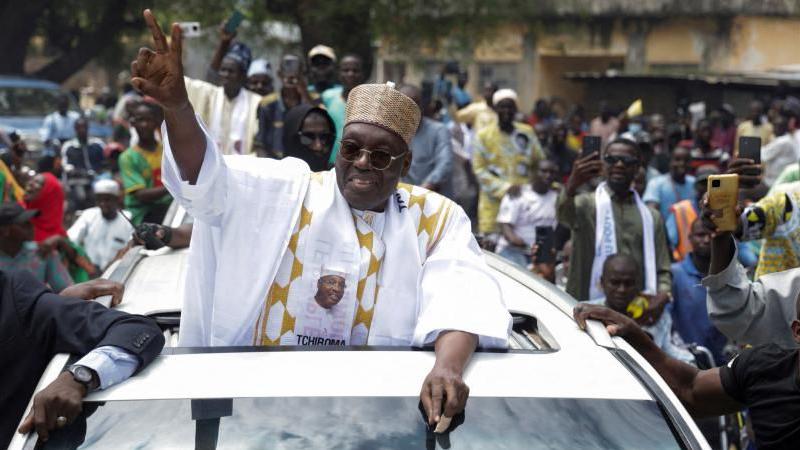
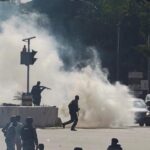
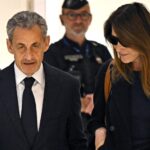
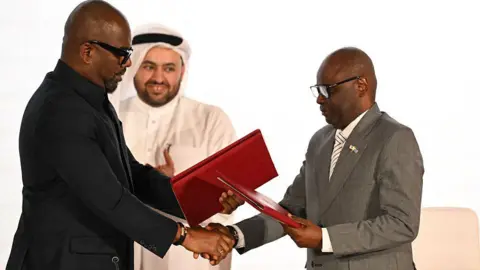
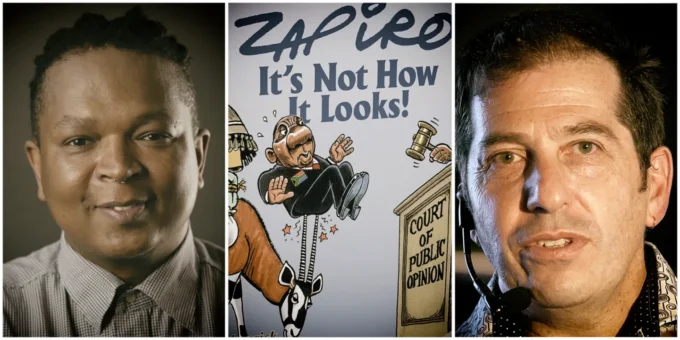







Leave a comment